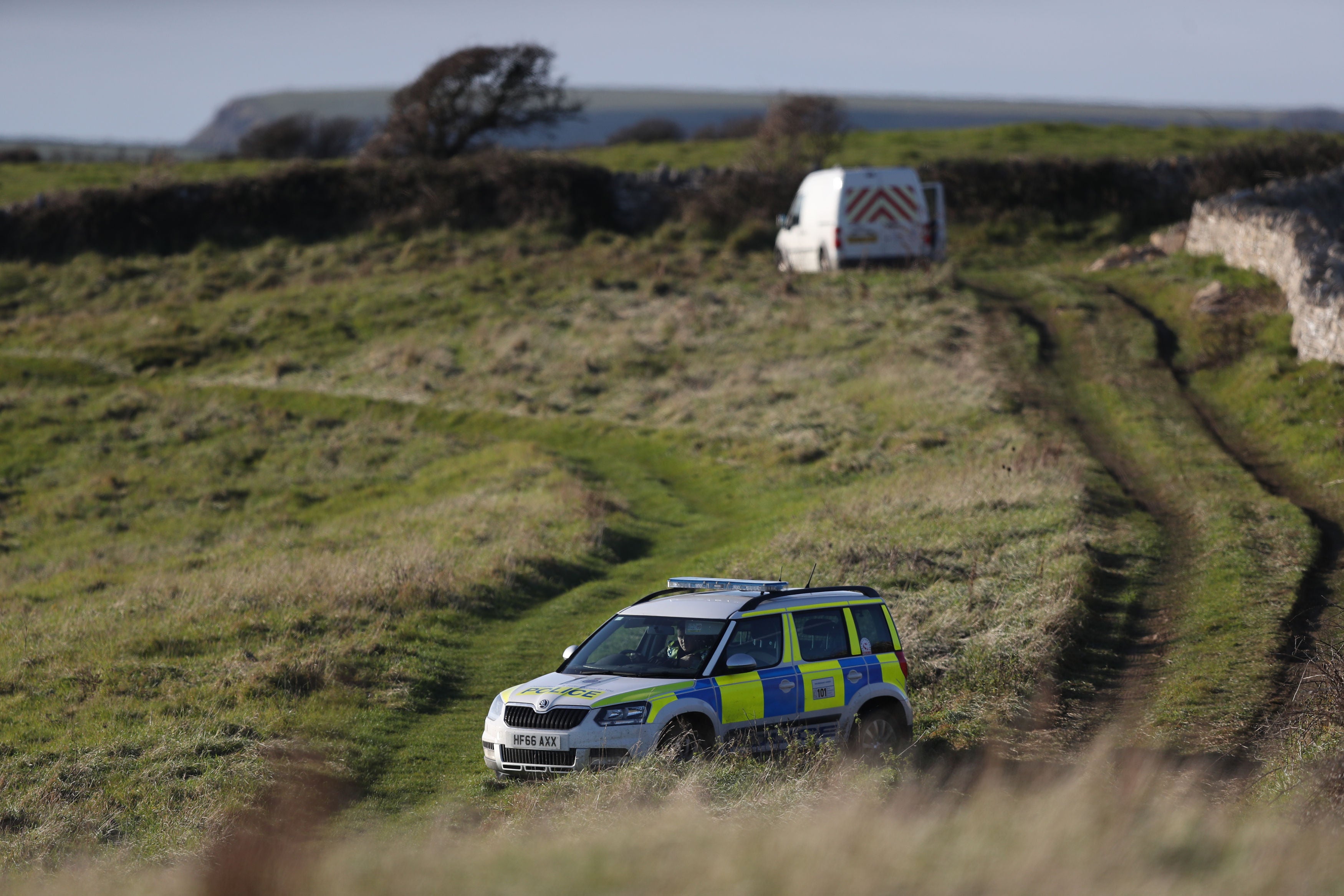Search expert speaks of ‘frustration’ in hunt for missing teenager
Dorset Search and Rescue was called out on five separate occasions to help look for Gaia Pope-Sutherland in November 2017.

Your support helps us to tell the story
From reproductive rights to climate change to Big Tech, The Independent is on the ground when the story is developing. Whether it's investigating the financials of Elon Musk's pro-Trump PAC or producing our latest documentary, 'The A Word', which shines a light on the American women fighting for reproductive rights, we know how important it is to parse out the facts from the messaging.
At such a critical moment in US history, we need reporters on the ground. Your donation allows us to keep sending journalists to speak to both sides of the story.
The Independent is trusted by Americans across the entire political spectrum. And unlike many other quality news outlets, we choose not to lock Americans out of our reporting and analysis with paywalls. We believe quality journalism should be available to everyone, paid for by those who can afford it.
Your support makes all the difference.A voluntary search expert has spoken of his frustration at delays in calling his organisation in the hunt for missing teenager Gaia Pope-Sutherland, an inquest has heard.
Trevor Antell, chairman of Dorset Search and Rescue (DorSAR), said the organisation was called out on five separate occasions to help look for the 19-year-old in November 2017.
Miss Pope-Sutherland, who suffered with severe epilepsy, had run away from her aunt’s home in Swanage, Dorset, in a “distressed” state on the afternoon of November 7.
She was soon reported missing by her family and Dorset Police launched a search operation involving the Coastguard, helicopters and volunteers to find her.
The college student was found 11 days later in dense undergrowth between Dancing Ledge and Anvil Point near the Swanage coastal footpath having died of hypothermia.
Mr Antell told Dorset Coroner’s Court his organisation was called out by Dorset Police to search for Miss Pope-Sutherland on November 8, 11, 12, 16 and 18.
He told the jury DorSAR had carried out its own internal review into Miss Pope-Sutherland’s case and shared its findings with the police.
Asked about the findings, Mr Antell said: “Obviously the delay in calling us out … the frustration.
“There were, in the search on November 12, the people involved in that felt very unsupported.
“This was when we had no search manager, which is probably a high factor of failing to support, but they did report they felt as they were just being given tasks to keep them busy, often following into an area someone was coming out of and waiting around for a considerable time.
“I think that was mainly a consequence of not having a DorSAR operations manager team there, like they are used to.”
Mr Antell said that in the case of the search for Miss Pope-Sutherland, there was a lack of detail between the various agencies about what tasks had been completed.
“This was a key learning. It came about with the multi-agency approach. We clearly had different language and if we said something was searched, we would generally say how it was searched,” he said.
“There was a piece of information that said The Priest’s Way area was searched – the track along the top of where Gaia was eventually found – I think it was pretty much a very hasty search by the Coastguard.
“That’s not to say that wasn’t the right thing to do at that time because hasty was probably good but it needed to be understood in the big log that was all that took place and that area had not been completely searched.
“But to leave with the doubt of how that was done was the issue.”
The court heard the location where the teenager’s body was eventually discovered was “very concealed and difficult to access” and a chance finding was “unlikely”.
Mr Antell said statistically only 1% of missing persons later found dead were further away than Miss Pope-Sutherland was from the location they were last seen alive.
Asked how likely it was that she would have been found, Mr Antell replied: “Her find at that point was ‘fortunate’ rather than ‘expected’.
“Because of the discussions we had about that area being searched several times already, I think, had we not found her on that day, it wasn’t an area that a dog walker would find.”
He also explained that due to the number of days Miss Pope-Sutherland’s body had been in the location it was unlikely a specialist search dog would have found her.
Mr Antell said that had DorSAR been alerted on the night she was reported missing he did not think it would have made a significant difference.
“Based on the fact that if Gaia had gone straight there on that night, the opinion was it would not have made an actual difference to the material outcome being any different,” he said.
“But of course, we don’t know if Gaia went straight there. I don’t think us being called on November 7 would have made a material difference in the outcome.”
The inquest continues.